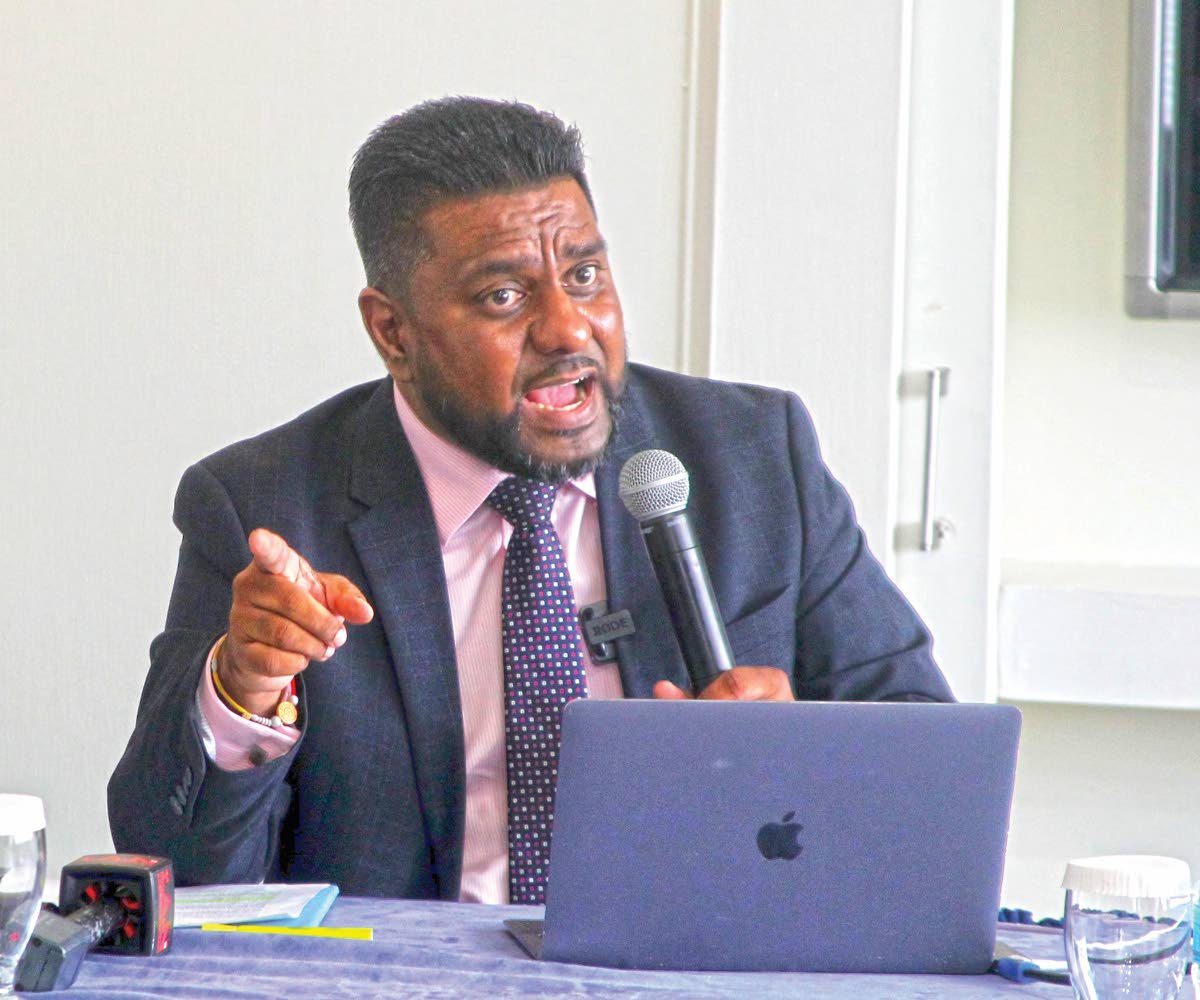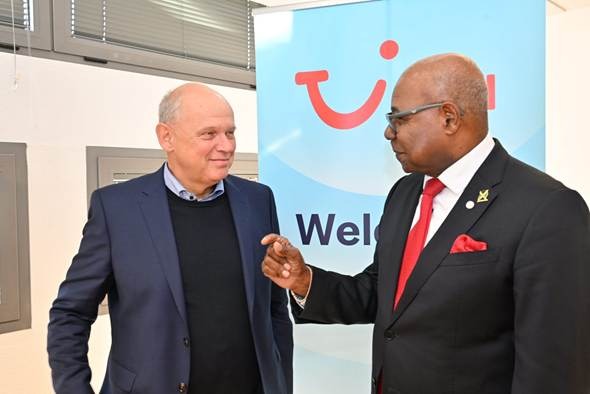The Inter-American Development Bank (IDB) has released its latest trade analysis, revealing a significant upswing in export performance across Latin America and the Caribbean (LAC). According to the 2025 edition of the ‘Trade Trends Estimates for Latin America and the Caribbean’ report, the value of goods exported from the region grew by an estimated 6.4%, marking a notable improvement from the 4.7% increase recorded in 2024.
This expansion was primarily fueled by a substantial rise in export volumes, with commodity prices playing only a marginal role. The report identifies a robust performance in the metals sector—particularly gold, copper, and silver—as a key driver. Concurrently, the agro-industrial sector demonstrated solid gains, with exports of coffee, cocoa, fruit, and meat posting significant increases. Several manufacturing segments also contributed to the growth, including data-processing machinery, medical supplies, vehicles, and plastics.
Paolo Giordano, the IDB’s Principal Economist for the Productivity, Trade and Innovation Sector and the report’s coordinator, noted, ‘Despite the challenging global environment, Latin America and the Caribbean’s recent export performance has shown remarkable resilience.’ The analysis suggests the region may be entering a phase of sustained trade growth, albeit within a context of persistent global uncertainty and a risk balance that remains moderately tilted to the downside.
Regional performance was uneven. South America and Mesoamerica saw an acceleration in export expansion, while Central America experienced strong growth that lost momentum in the latter half of the year. The Caribbean’s aggregate results, showing a moderation from 2024’s 41.2% surge to a 14.6% rise in 2025, masked pronounced volatility and significant disparities among individual nations. For instance:
– Guyana’s growth slowed dramatically to 18.3% from 137.6%.
– Suriname rebounded impressively to 70.4% from -40.2%.
– Trinidad and Tobago saw growth increase to 5.6% from 3.5%.
– Several nations, including Barbados, Belize, and Jamaica, remained in negative territory.
Complementing the export surge, the region’s total imports also gained momentum, increasing by 6.1% in 2025, up from 3.2% in 2024, aligned with a rebound in domestic demand.
The report highlighted volatile price movements for key export commodities. While coffee prices soared by 49.9% and gold by 42.2%, other critical commodities like oil and iron ore experienced significant declines of 14.3% and 7.8%, respectively.
The IDB concludes that for the region to solidify this growth trajectory, countries must prioritize reforms and investments aimed at boosting productivity and reducing trade costs. Ensuring international trade remains a primary engine for economic growth will require sustained policy support for exports and investments.









